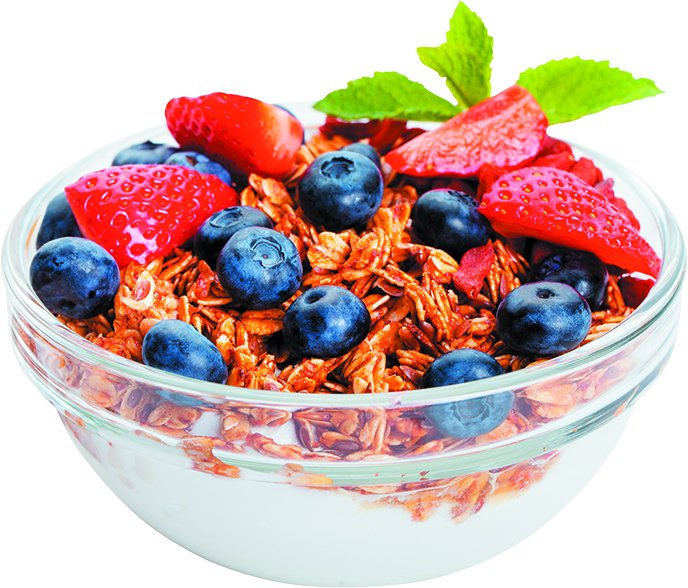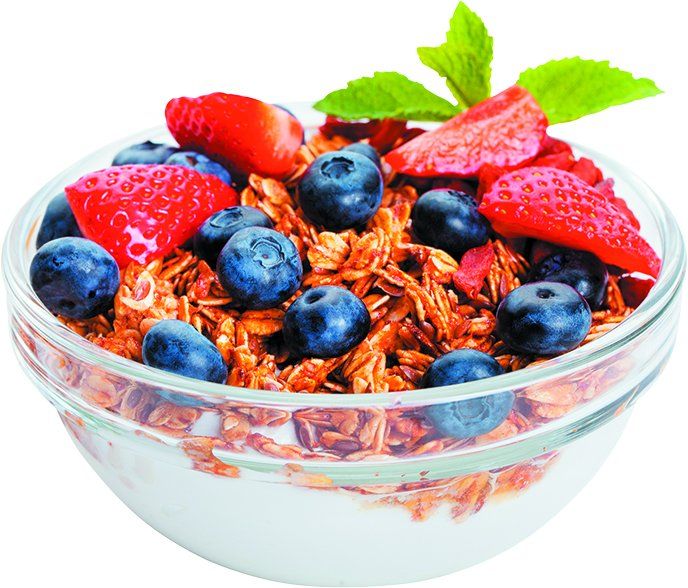Dreamstime.com

It’s a bit of a taboo topic, but regular elimination of poo is a basic human necessity. Constipation can result in abdominal discomfort, bloating, hard stools, straining and hemorrhoids. Some people may turn to fiber supplements for help. That shouldn’t be your initial approach though. Fiber supplements don’t provide the good nutrition of fiber-containing plant foods important for overall health.
“First, I try to get people to increase their dietary fiber intake, including eating five servings of fruits and vegetables a day,” says Harmony Allison, MD, a gastroenterologist and instructor at Tufts University School of Medicine. “If that doesn’t result in improvement, then I may recommend a fiber supplement.” She also encourages good hydration.
The Basics:
Fiber supplements made of psyllium husk have the strongest evidence from clinical trials for improving constipation, according to a recent review published in the Journal of the Academy of Nutrition and Dietetics, which was coauthored by Nicola McKeown, PhD, a scientist in the Nutritional Epidemiology Program at Tufts’ HNRCA. Psyllium husk fiber absorbs water in your gut, making stools softer, bulkier and easier to pass.
Wheat bran, found in high amounts in some breakfast cereals, also has been shown to help with constipation. Unlike psyllium, wheat bran doesn’t absorb water in the gut. Large, coarse wheat bran adds bulk and “irritates” the gut. This irritation triggers the gut lining to release water and mucus, which softens stools.
Supplement Forms:
If recommending a fiber supplement, Dr. Allison prefers those used with liquid, such as psyllium mixed into beverages or wheat bran cereal eaten with milk. Taking in plenty of water (fluid) with fiber supplements helps avoid choking or a blockage in the intestines.
Psyllium made for mixing into a beverage may contain sugar. To avoid extra sugar, one option is psyllium fiber in capsules. These should be taken with at least 8 ounces of water, Dr. Allison cautions.
You also can buy fiber-added food products, but not all of these will help constipation (and many have added sugar). For example, while nutrition bars or other foods with added psyllium fiber could help elimination, products relying on added fiber from chicory root extract (inulin) may not. Inulin doesn’t have strong clinical evidence for helping constipation.
Precautions:
It’s important to use fiber supplements with guidance from your doctor. Fiber supplements may cause side effects and may not be appropriate for your situation. “For example, fiber supplements can be gas-producing, but that usually goes away after a few days,” Dr. Allison says. “However, if someone has a lot of gas, I don’t recommend fiber supplements until we understand why they have so much gas and get that under control.” If you take any medications, ask how to time fiber supplements around them since they could interfere with drug absorption.
Avoid using fiber supplements as a quick-fix for meeting your daily fiber needs (at least 25 grams daily for women; 38 grams for men). That approach could result in missing out on health benefits – such as improved weight control or decreased colon cancer risk – associated with eating naturally-high-fiber whole foods. Many nutritional components of these foods, not just the fiber, could be contributing to their health benefits.
To learn more: Journal of the Academy of Nutrition and Dietetics, February 2017





















